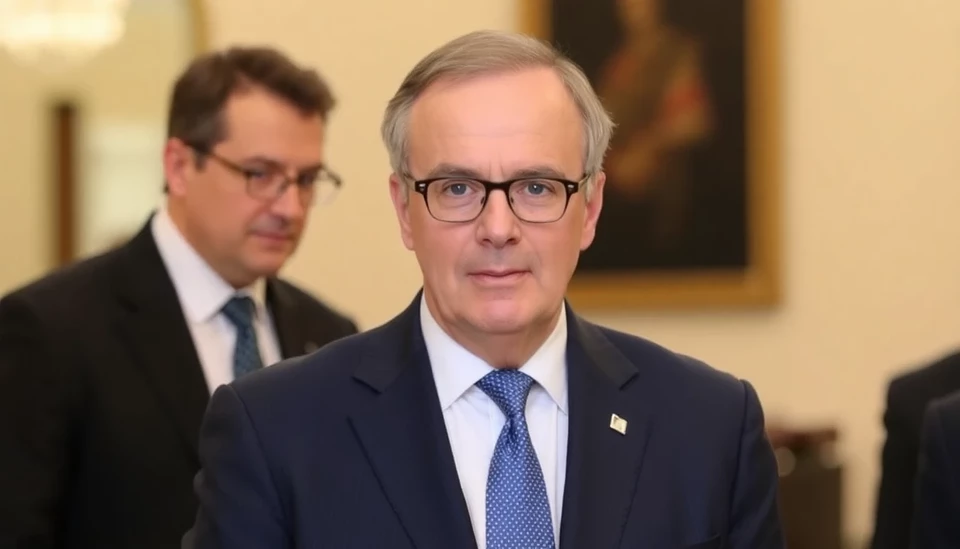
In a recent statement, François Villeroy de Galhau, a prominent member of the European Central Bank (ECB), indicated that it is realistic for the ECB to consider taking action at each of its regular meetings. This revelation comes amidst ongoing discussions about monetary policy amid rising inflation rates and economic uncertainties in the Eurozone.
Villeroy emphasized that, as the economic landscape continues to evolve, the ECB must remain flexible and responsive. He highlighted the importance of assessing economic indicators closer to each meeting to determine the best course of action. His comments reflect a strategic shift towards a more adaptive approach in managing monetary policy as the central bank aims to stabilize the economy.
During an interview, Villeroy pointed out that the ECB's decisions must be data-driven, suggesting that ongoing inflation trends could necessitate adjustments more frequently than in the past. This viewpoint aligns with broader economic sentiments that advocate for a proactive stance to combat potential financial downturns while supporting economic growth.
The possibility of acting at every meeting could signify an impending shift in how the ECB communicates its approach to monetary policy. Investors and market analysts are already speculating on what this might mean for future interest rates and financial stability across the bloc. Villeroy’s assertions pose questions regarding the ECB's commitment to its inflation target of around 2% and how it plans to navigate the complexities of external economic pressures such as energy prices and supply chain issues.
As the ECB gears up for its next meetings, stakeholders will undoubtedly be keenly watching any indications of policy adjustments. Villeroy's remarks could be seen as part of a broader trend of central banks around the world adapting to changing economic conditions. While some may see this as a move toward aggressive monetary tightening, others might interpret it as a necessary adjustment to ensure sustainable economic recovery.
In conclusion, the insight from Villeroy is a reminder that the economic picture remains dynamic, and the ECB is prepared to exercise flexibility in its response. With the pressures of inflation and growth still looming over Europe, upcoming meetings will be pivotal in shaping the region's economic future.
#ECB #MonetaryPolicy #Inflation #FrançoisVilleroy #EurozoneEconomy #InterestRates #EconomicStability #FinanceNews
Author: Rachel Greene




